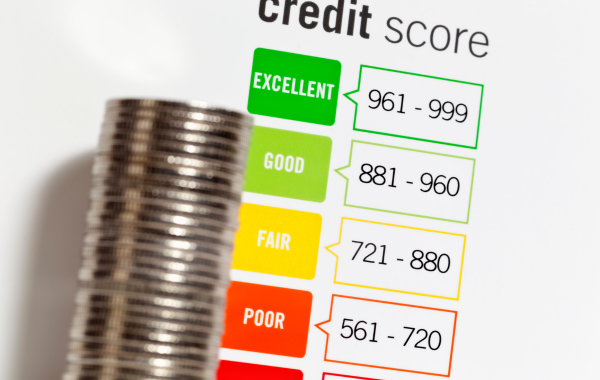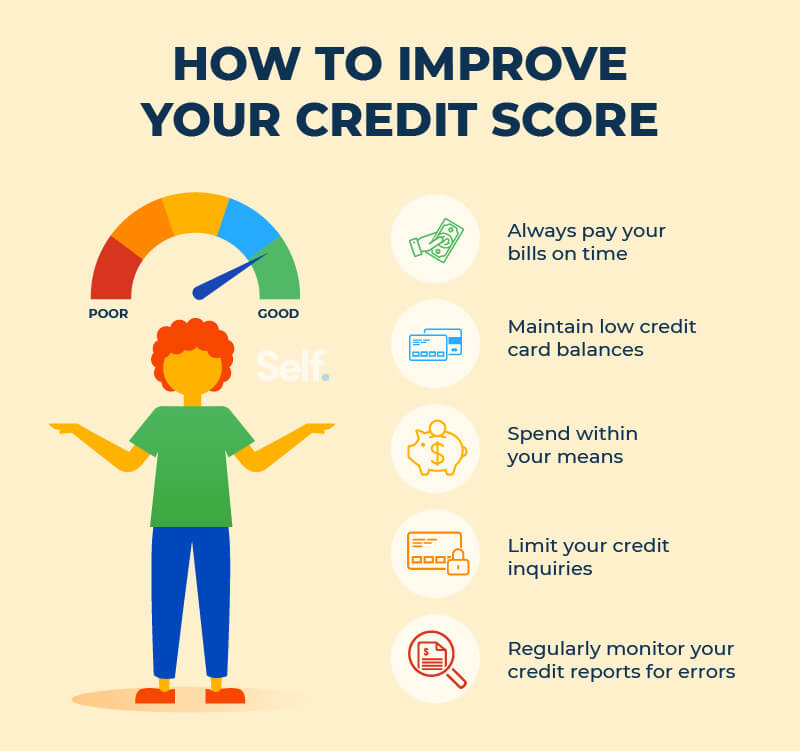Your credit score is more than just a number—it can impact your ability to get a loan, rent an apartment, or even land a job. Yet, many people don’t understand how it works or how to improve it quickly. In this article, Credit Score Explained, we’ll break down everything you need to know about credit scores, factors that affect them, common myths, and actionable strategies to build your credit fast. By following these tips, you can take control of your financial future and unlock better financial opportunities.
What Is a Credit Score?
A credit score is a three-digit number that reflects your creditworthiness. It’s calculated based on your credit history and helps lenders determine how risky it is to lend you money. The most common scoring models are FICO and VantageScore.
- FICO Score: Ranges from 300 to 850. Most lenders use this model.
- VantageScore: Also ranges from 300 to 850 and is increasingly used by lenders and credit apps.

Credit Score Ranges
| Score Range | Meaning |
|---|---|
| 300–579 | Poor |
| 580–669 | Fair |
| 670–739 | Good |
| 740–799 | Very Good |
| 800–850 | Excellent |
A higher score means better chances of loan approvals, lower interest rates, and better financial opportunities. Understanding your credit score is the first step to improving it.
Factors That Affect Your Credit Score
Your credit score factors are the main elements that determine your score. Knowing them helps you take targeted actions to improve your score quickly.
1. Payment History (35%)
Your history of on-time payments is the most significant factor. Missing payments can heavily impact your score.
Tips:
- Set up automatic payments for bills.
- Pay at least the minimum balance if you can’t pay in full.
2. Credit Utilization (30%)
Credit utilization is the ratio of your credit card balances to your total credit limits. Keeping it below 30% is ideal.
Example:
- Credit limit: $5,000
- Max recommended balance: $1,500
3. Length of Credit History (15%)
The longer your credit accounts are open, the better. Older accounts show lenders you have experience managing credit.
4. Types of Credit (10%)
Having a mix of credit types—credit cards, personal loans, mortgages—can positively influence your score.
5. New Credit Inquiries (10%)
Opening multiple accounts in a short time can lower your score temporarily due to hard inquiries.

How to Check Your Credit Score
Monitoring your credit score regularly helps track improvement and spot errors.
Ways to Check:
- Free options: Credit Karma, Credit Sesame, Experian.
- Official reports: AnnualCreditReport.com (free once per year).
- Bank or credit card apps: Many provide free access to FICO scores.
Tip: Checking your own score does not hurt it—only hard inquiries by lenders can.
Strategies to Build Your Credit Score Fast
Here are actionable steps to improve your credit score quickly.
1. Pay Bills On Time
Late payments are the largest factor hurting your score. Set reminders or automatic payments to avoid missing deadlines.
2. Reduce Credit Card Balances
Lower your credit utilization ratio by paying down balances. Even small reductions can improve your score quickly.
3. Become an Authorized User
Being added as an authorized user on a responsible person’s credit card can help boost your score almost immediately.
4. Avoid Opening Too Many Accounts
Each new account triggers a hard inquiry, which can temporarily lower your score. Space out new credit applications.
5. Diversify Credit Types
A healthy mix of credit types—credit cards, personal loans, auto loans—shows lenders you can manage different forms of credit.
6. Use Credit Builder Loans
Credit builder loans are small loans where the funds are held in a bank account until fully paid. Payments are reported to credit bureaus, helping build credit.
7. Dispute Errors on Your Credit Report
Mistakes like incorrect late payments or accounts that aren’t yours can drag your score down. Regularly review your reports and dispute errors promptly.
Common Credit Score Myths
Misunderstandings about credit can slow your improvement. Let’s debunk some myths:
- Myth: Checking your score lowers it. ✅ False. Only hard inquiries from lenders affect your score.
- Myth: Closing old accounts improves your score. ✅ False. Closing accounts can actually shorten your credit history and increase utilization.
- Myth: Paying off a collection instantly fixes your score. ✅ False. While it’s positive, old collections can remain on your report for years.

Maintaining a Good Credit Score
Building your score fast is great, but maintaining it is crucial.
Long-Term Tips:
- Pay all bills on time consistently.
- Keep credit card balances low.
- Avoid unnecessary hard inquiries.
- Monitor your credit report for errors.
A strong credit history over time is more valuable than short-term gains.
Tools and Resources to Improve Credit Score
Several tools can help you build credit fast:
- Apps: Credit Karma, Experian, Mint
- Credit Monitoring Services: Notify you of changes or potential fraud.
- Budgeting Apps: Help manage spending and maintain low credit utilization.
- Financial Education Resources: Blogs, podcasts, and courses can teach effective strategies.
Using these tools keeps you on track and accelerates credit improvement.
FAQs About Credit Scores
Q1: How long does it take to improve a credit score?
Improvement can be seen in a few months with consistent effort, but major increases may take 6–12 months.
Q2: Can I build credit without a credit card?
Yes, using credit builder loans or being an authorized user can help.
Q3: What is a good credit score?
Generally, 670+ is considered good, 740+ very good, and 800+ excellent.
Q4: Does paying off debt remove it from my credit report?
Paid debt stays on your report but is marked as resolved, which can positively affect your score over time.
Conclusion
Understanding your credit score is the first step toward financial empowerment. By knowing the factors that affect your score, debunking myths, and implementing actionable strategies, you can build your credit fast and maintain a strong credit history. Start monitoring your score today, pay bills on time, and reduce credit utilization—your future financial opportunities depend on it.
- Best Credit Cards for Building Credit
- Understanding FICO vs VantageScore
- How to Read Your Credit Report
External Linking Suggestions:

